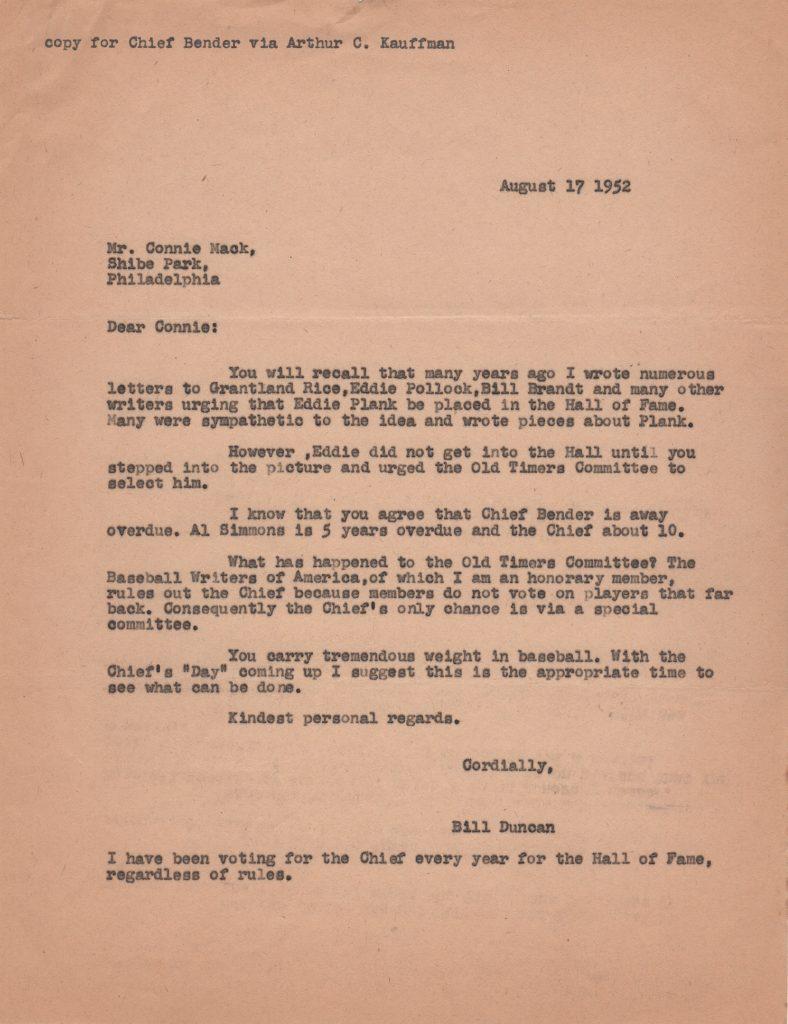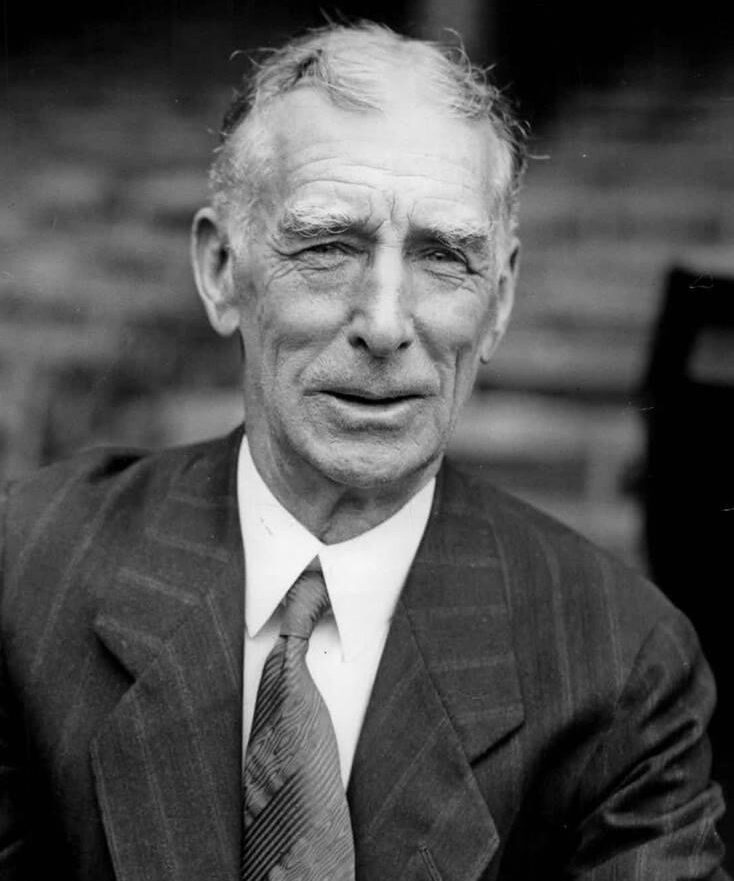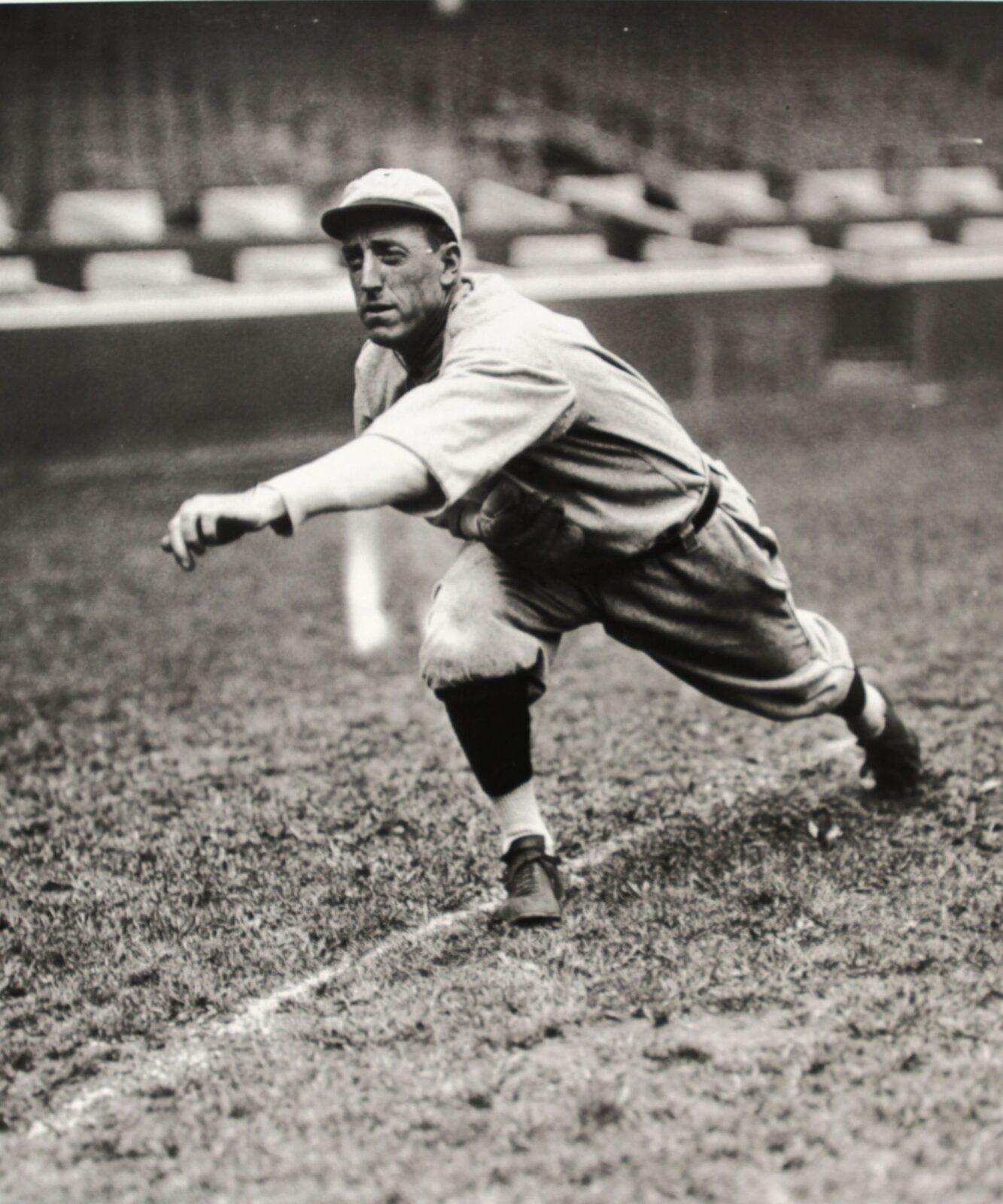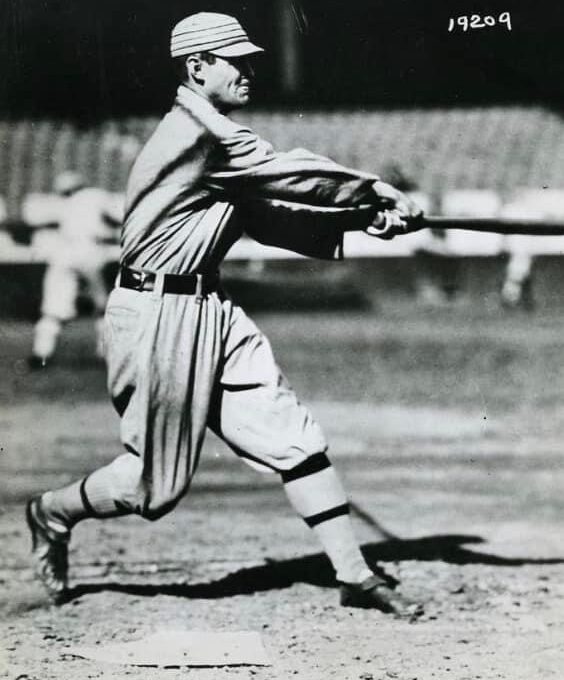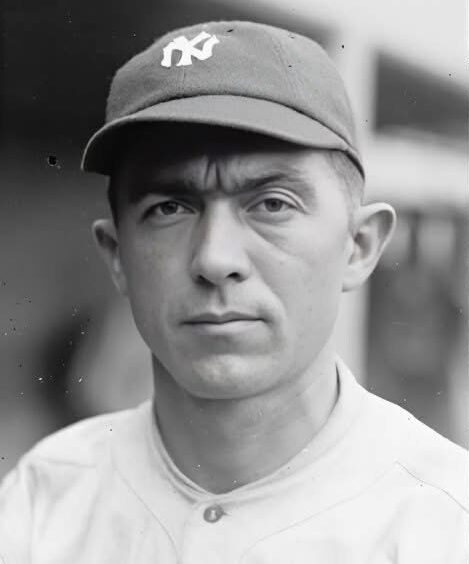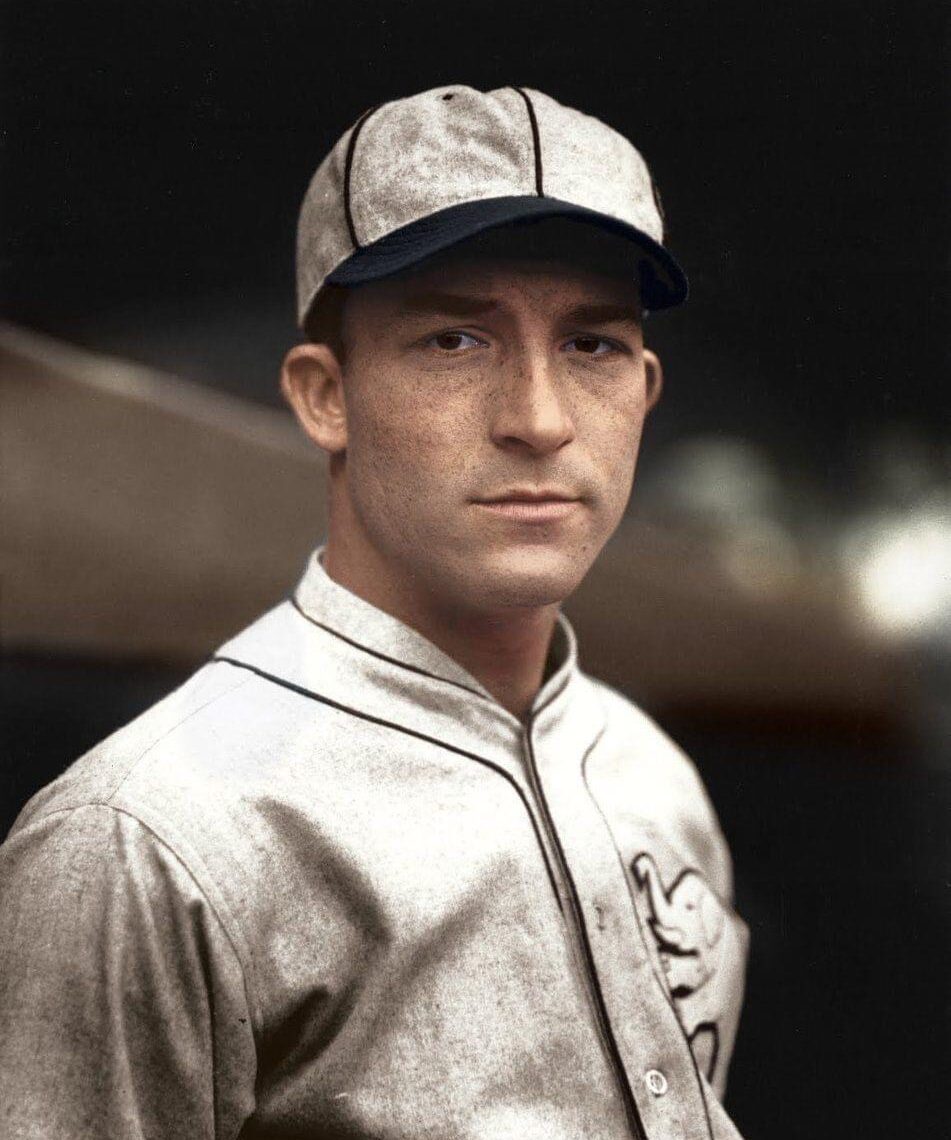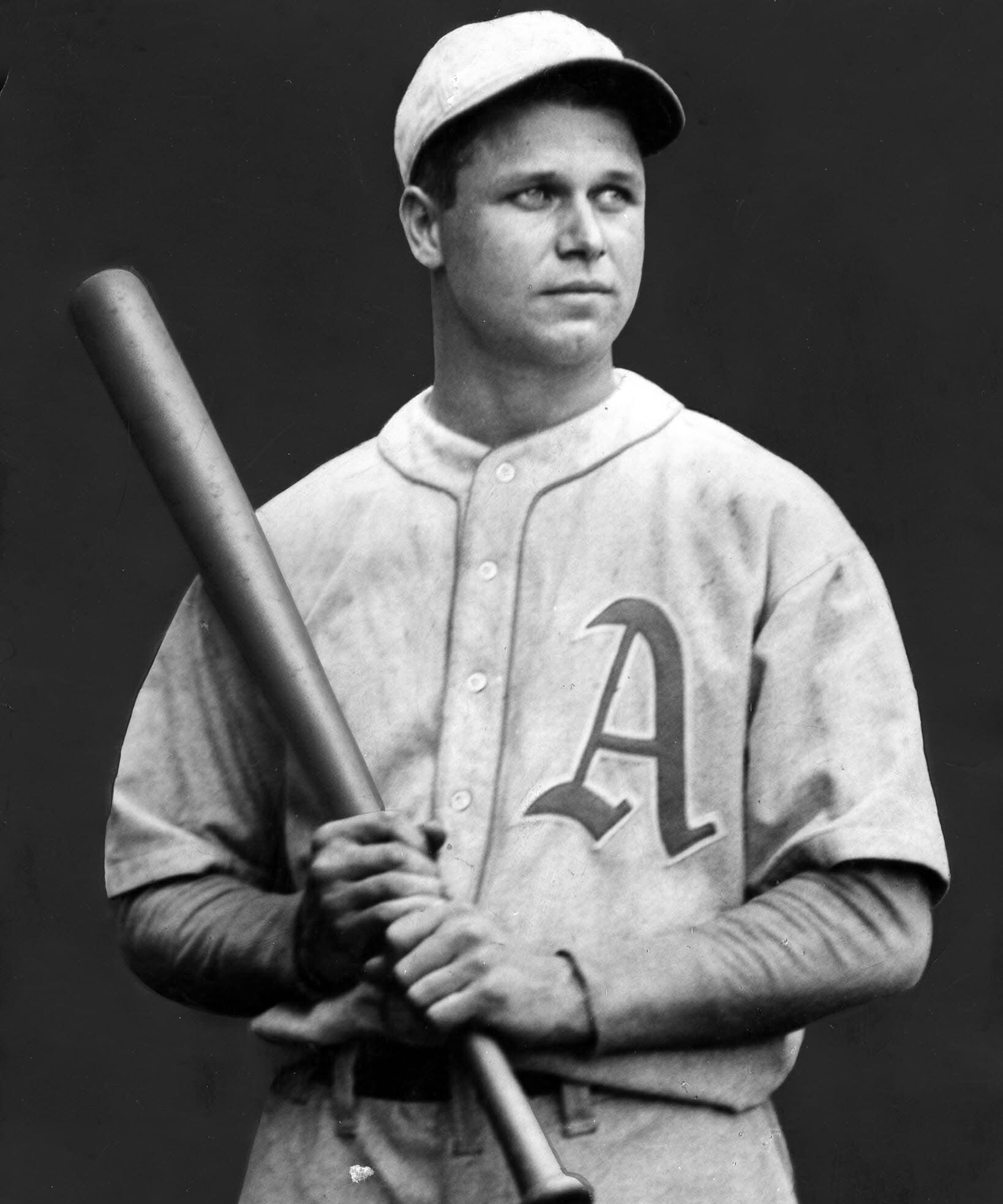Chief Bender
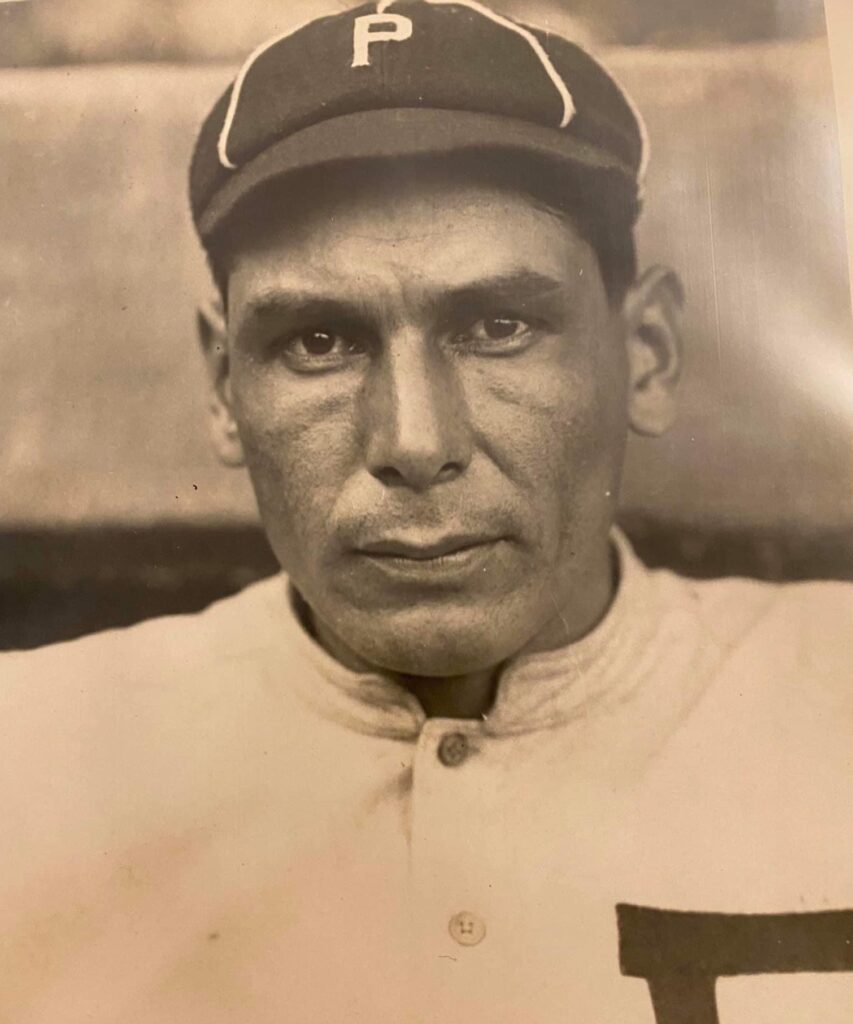
| Birthdate | 5/5/1884 |
| Death Date | 5/22/1954 |
| Debut Year | 1903 |
| Year of Induction | 1953 |
| Teams | Athletics, Federal League, Phillies, White Sox |
| Position | Pitcher |
Born into the Ojibwe tribe, Charles “Chief” Bender has 212 career wins, a career winning percentage of .625, and a lifetime 2.46 ERA.
Leave a commentIn the collection:
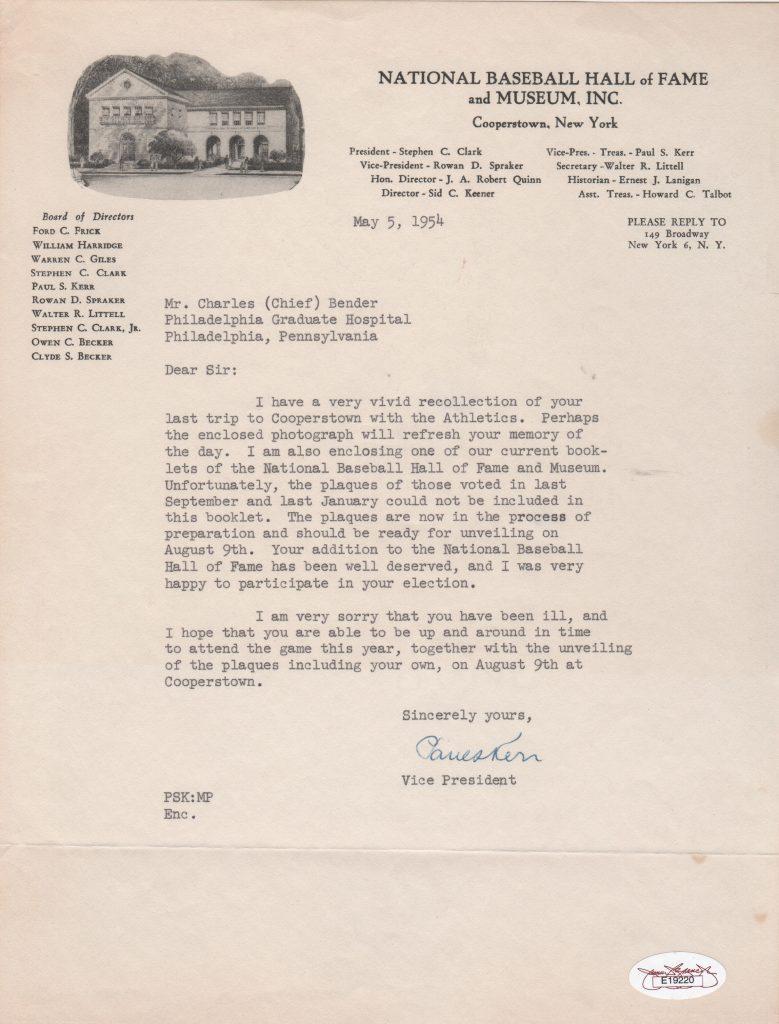
Chief Bender passed away three months before his plaque was unveiled in August, 1954
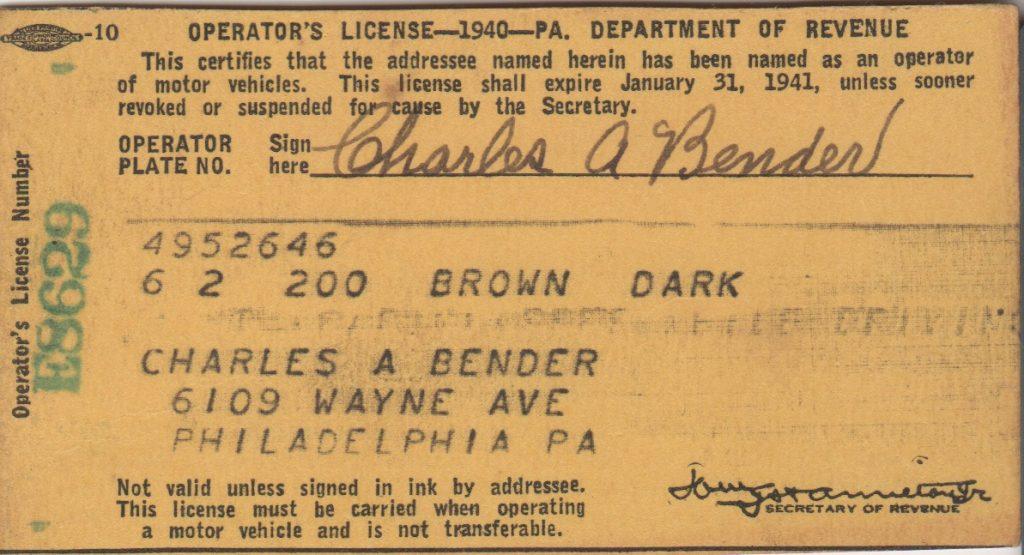
Bender's nickname as a child was the Indian word meaning "Little Spirit Animal"
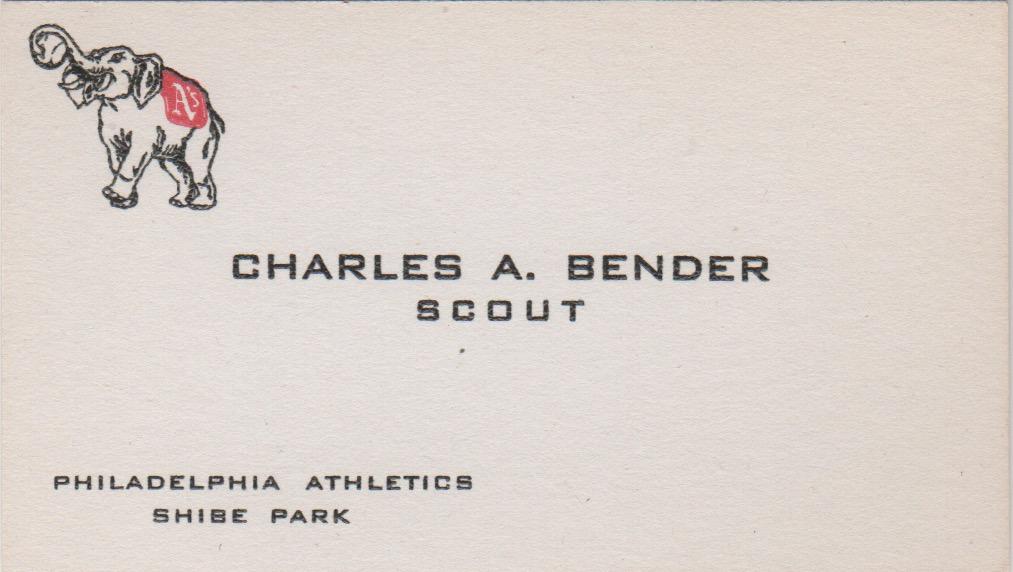
After retiring as a player, Chief Bender became a scout for the Athletics
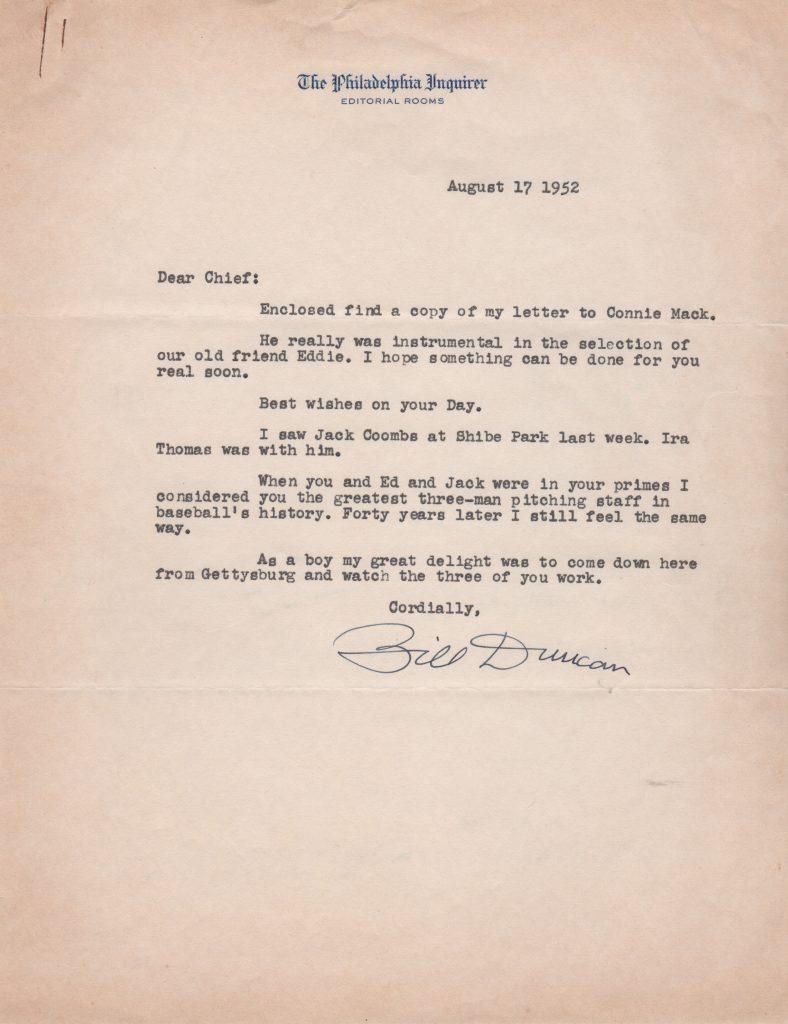
Philadelphia sportswriter Bill Duncan helped get Bender into Cooperstown
